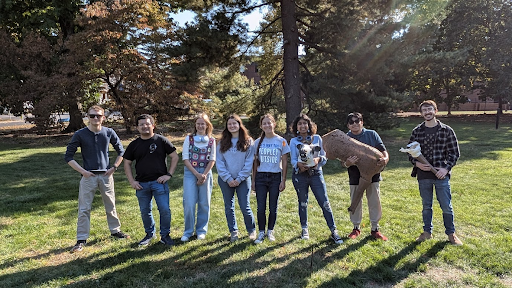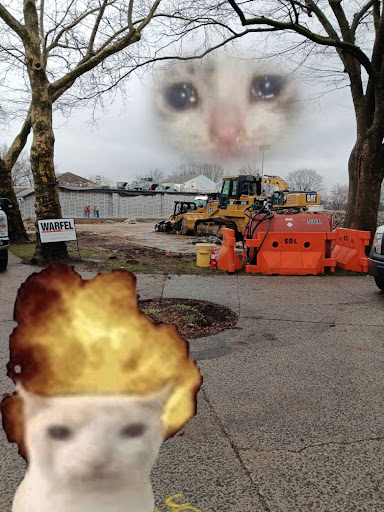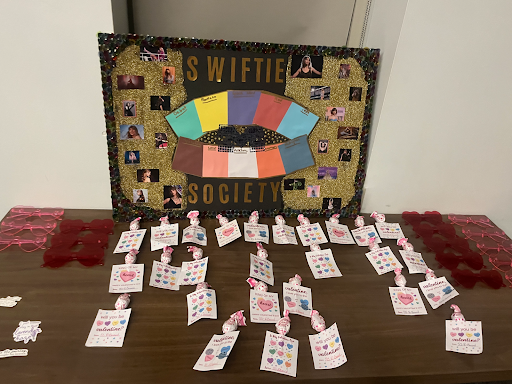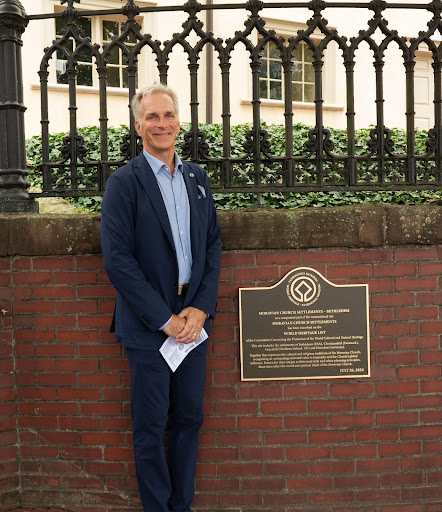Club Spotlight: Possum Awareness
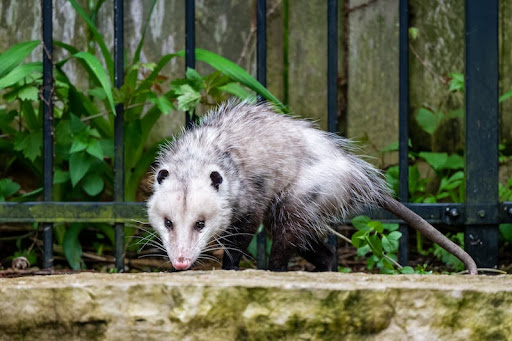
Photo courtesy of Pexels
- What is your club about?
We want to spread awareness, love, and respect for possums on Moravian’s campus. Specifically, we want to spread awareness of why possum is spelled without the O.
- When was your club established?
We were established on April 1st, 1812.
- Who are your current leaders (advisors, president, vice president, etc.)?
We have no advisers but the possums. They are our one and only leaders.
- When does your club meet?
We meet three times a week, MWF, from 1-2 pm. We also have pop-up meetings, which are dictated by when we see the possums gathering around the 1742 splotch. If you know, you know.
- What is the most popular activity that the campus knows you for?
Every few weeks, we collect all the dictionaries on campus and scribble out the “o” every time possums are mentioned.
- What are the biggest challenges that your club faces?
The biggest challenge our club faces is attendance at events. Our possums sometimes get stressed out and bite, so we want to prepare with bandages just in case.
- If you could pair up with another club for an event or project, who would it be?
We would love to team up with USG to create a rule on campus that possum cannot be spelled without an o in the beginning. Possible punishments could include a private meeting with the possum jury or even suspension and expulsion.
- What is the latest project that your club is excited about?
We began releasing wild possums around campus and hope to domesticate them soon. Feel free to pet any of the wandering critters; they’re friendly (sometimes!).
- If you had an unlimited budget, what dream project would your club put it towards?
If we had an unlimited budget, we would like to spread awareness for other animal names that are spelled non-phonetically, like pigons and squirls. We would also like to host protests and lectures to spread awareness about this, as well as buy a dozen additional possums for next year.
- What are some genuine benefits of having possums around?
Possums are able to keep our campus clear of unwanted bugs like mice, bugs, and roaches. They also reduce ticks around grassy areas, reducing the possibility of Lyme disease.


